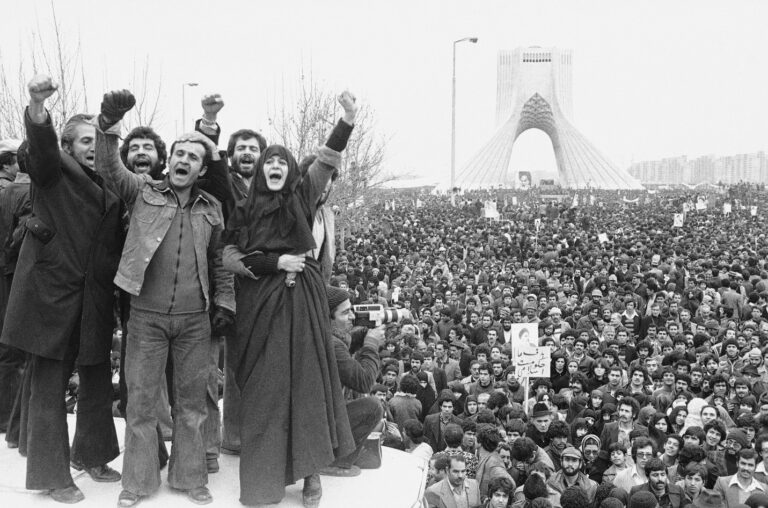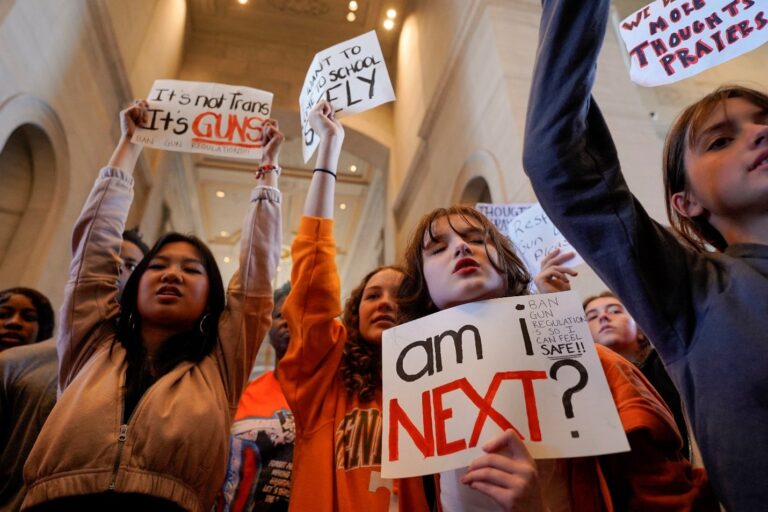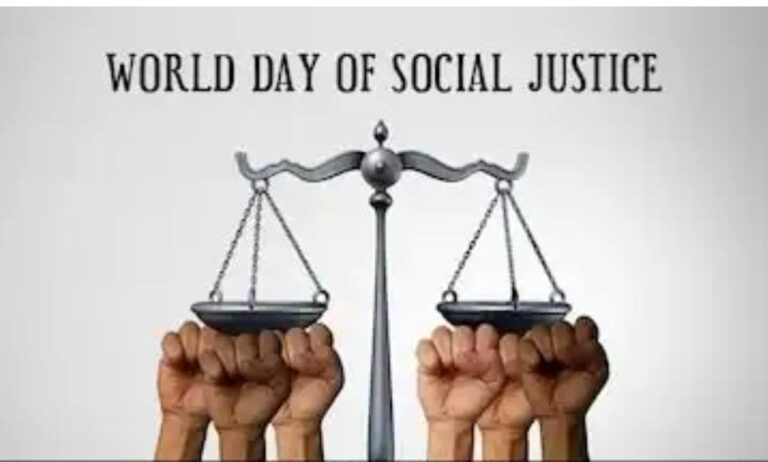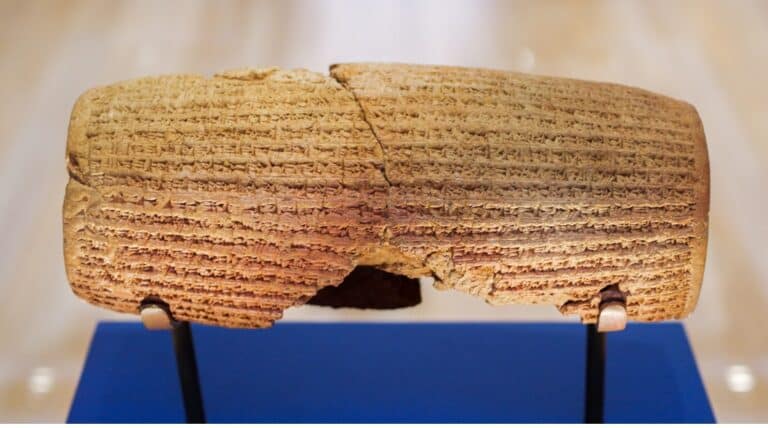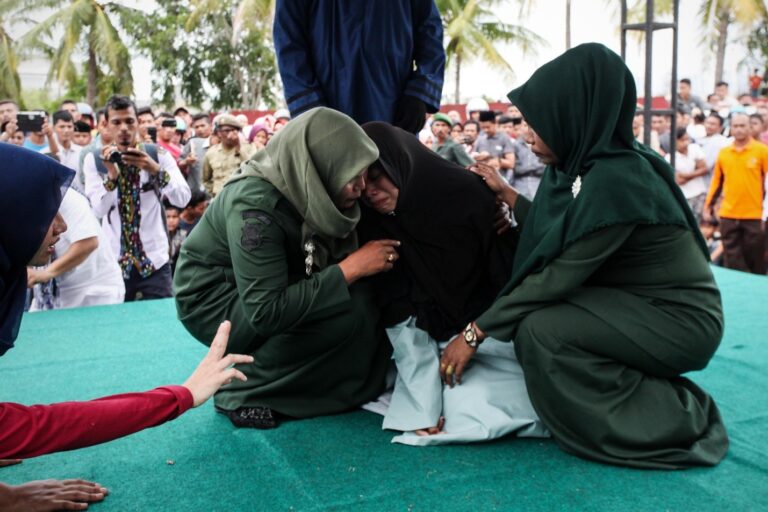46th Anniversary of the seizure U.S. Embassy in Tehran

The 1979 U.S. Embassy Takeover in Tehran: A Defining Moment in U.S.-Iran Relations
On November 4, 1979, a group of Iranian students stormed the U.S. Embassy in Tehran, marking a critical juncture in the complex relationship between Iran and the United States. This event, which led to the 444-day hostage crisis involving 52 American diplomats and staff, is remembered in Iran as the “Conquest of the Den of Espionage.” The takeover occurred in the wake of the 1979 Islamic Revolution, which saw the overthrow of Shah Mohammad Reza Pahlavi, a staunch U.S. ally, and the establishment of the Islamic Republic under Ayatollah Khomeini. The students involved in the embassy seizure justified their actions by alleging that the embassy was a center of espionage aimed at overthrowing the nascent Islamic regime.
The incident not only drastically altered the trajectory of U.S.-Iran relations but also symbolized Iran’s vehement rejection of Western influence in its political affairs. In Iran, the anniversary of this event is celebrated as the “National Day of Fighting Global Arrogance,” reflecting a continued stance of resistance against what is perceived as U.S. imperialism. The annual commemorations, characterized by rallies and anti-U.S. sentiments, underscore the deep-seated animosity and the ideological clash between Iran’s pursuit of independence and America’s strategic interests in the Middle East.
The hostage crisis concluded in January 1981 with the signing of the Algiers Accords, but the repercussions were enduring. The crisis not only severed U.S.-Iran diplomatic ties but also laid the groundwork for decades of mutual hostility. This period has been marked by sanctions, indirect conflicts through proxy wars, and ongoing disputes over Iran’s nuclear program.
Fast forward to November 3, 2025, Ayatollah Ali Khamenei, Iran’s Supreme Leader, made a rare public appearance to address a gathering of students on the anniversary of the embassy takeover. His speech, laden with ideological fervor and sarcasm, was a scathing critique of U.S. policies and actions. Khamenei’s rhetoric painted the U.S. as an inherently arrogant power, intrinsically opposed to Iran’s sovereign rights. He dismissed the possibility of near-term diplomacy with the U.S., setting stringent preconditions for any future “cooperation,” such as the U.S. ending its support for Israel, dismantling its military bases in the region, and stopping its interference in Middle Eastern affairs.
Khamenei’s address also responded to recent U.S. actions, including military strikes on Iranian nuclear sites and diplomatic pressures from the current U.S. administration under President Trump. His defiant speech serves to reinforce the Iranian regime’s narrative of resilience and resistance in the face of U.S. pressure, rallying support among hardliners and the youth. However, within Iran, there is growing debate about the legacy of the embassy takeover, with some critics arguing that it has led to prolonged isolation rather than empowerment.
The enduring impact of the 1979 U.S. Embassy takeover continues to resonate in the complex geopolitical landscape of today. As tensions persist, the event remains a potent symbol of Iran’s historical grievances and its ongoing struggle for autonomy against perceived Western domination.

